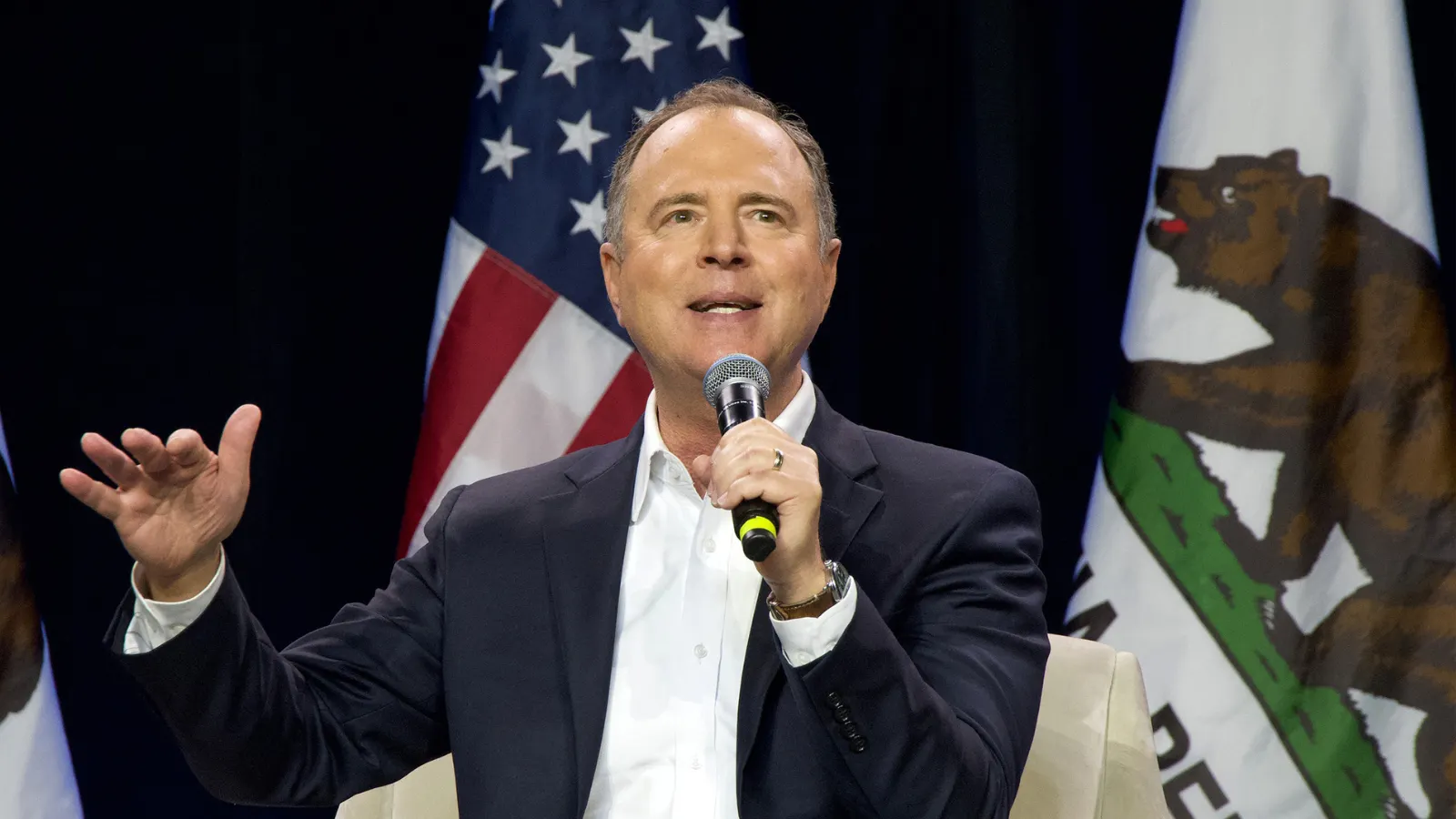The developers of artificial intelligence models would have to provide a list of all copyrighted works used to train their systems under a new law proposed by California congressman Adam Schiff. Introduced Tuesday, the Generative AI Copyright Disclosure Act would require companies to disclose their sources to the U.S. Copyright Office at least a month before releasing a new version.
“AI has the disruptive potential of changing our economy, our political system, and our day-to-day lives. We must balance the immense potential of AI with the crucial need for ethical guidelines and protections,” Rep. Schiff said in a statement. “[This act] is a pivotal step in this direction. It champions innovation while safeguarding the rights and contributions of creators, ensuring they are aware when their work contributes to AI training datasets.”
If passed into law, AI developers who fail to comply will face a civil penalty of at least $5,000. The fine would apply to generative AI developers and third parties who modify the dataset. However, the law did not say whether the penalty was per incident or a one-time fine.
For writers and actors who hit the picket lines in 2023 after negotiations with movie studios fell apart, this latest attempt to regulate how AI models are trained is laudable.
“I think it’s a long overdue step in the right direction,” Jamarcus Turner, Writers Guild member and CBS comedy writer, told Decrypt. “If there has to be a machine that uses a twisted chopped-up version of my work, I’d at least like to be fairly compensated.”
Last summer, Hollywood ground to a halt over myriad issues, including the use of artificial intelligence in the creative process. For many, using generative AI to create scripts was akin to plagiarism.
“These programs don’t actually create anything,” Turner said. “I can program a machine to dig holes, but it won’t be able to actually do it without also giving it a shovel. If my work is going to be the shovel, I’d like for it to be acknowledged as such.”
Trade unions across the entertainment industry, including SAG-AFTRA, the Directors Guild of America, and IATSE, applauded the newly proposed legislation.
“The Directors Guild of America commends this commonsense legislation, which is an important first step toward enabling filmmakers to protect their intellectual property from the potential harms caused by generative AI,” DGA president Lesli Linka Glatter said in a statement. “We thank Representative Schiff for championing these rights that will protect filmmakers and the entire creative community.”
“Everything generated by AI ultimately originates from a human creative source. That’s why human creative content—intellectual property—must be protected,” added SAG-AFTRA national director and lead negotiator Duncan Crabtree-Ireland. "SAG-AFTRA fully supports the Generative AI Copyright Disclosure Act, as this legislation is an important step in ensuring technology serves people and not the other way around."
“This is about respecting creativity in the age of AI and marrying technological progress with fairness,” Schiff said.
The office of Rep. Schiff did not immediately respond to a request for comment from Decrypt.
The Generative AI Disclosure Act comes at a time when creators are fighting to receive compensation for works they believe were used to train AI models. Last month, however, a federal judge dismissed most of the claims in a lawsuit against ChatGPT creator OpenAI that alleged copyright infringement. Plaintiffs in the California-filed lawsuit included Sarah Silverman, Paul Tremblay, Christopher Golden, and Richard Kadrey.
Edited by Ryan Ozawa.
Daily Debrief Newsletter
Start every day with the top news stories right now, plus original features, a podcast, videos and more.

